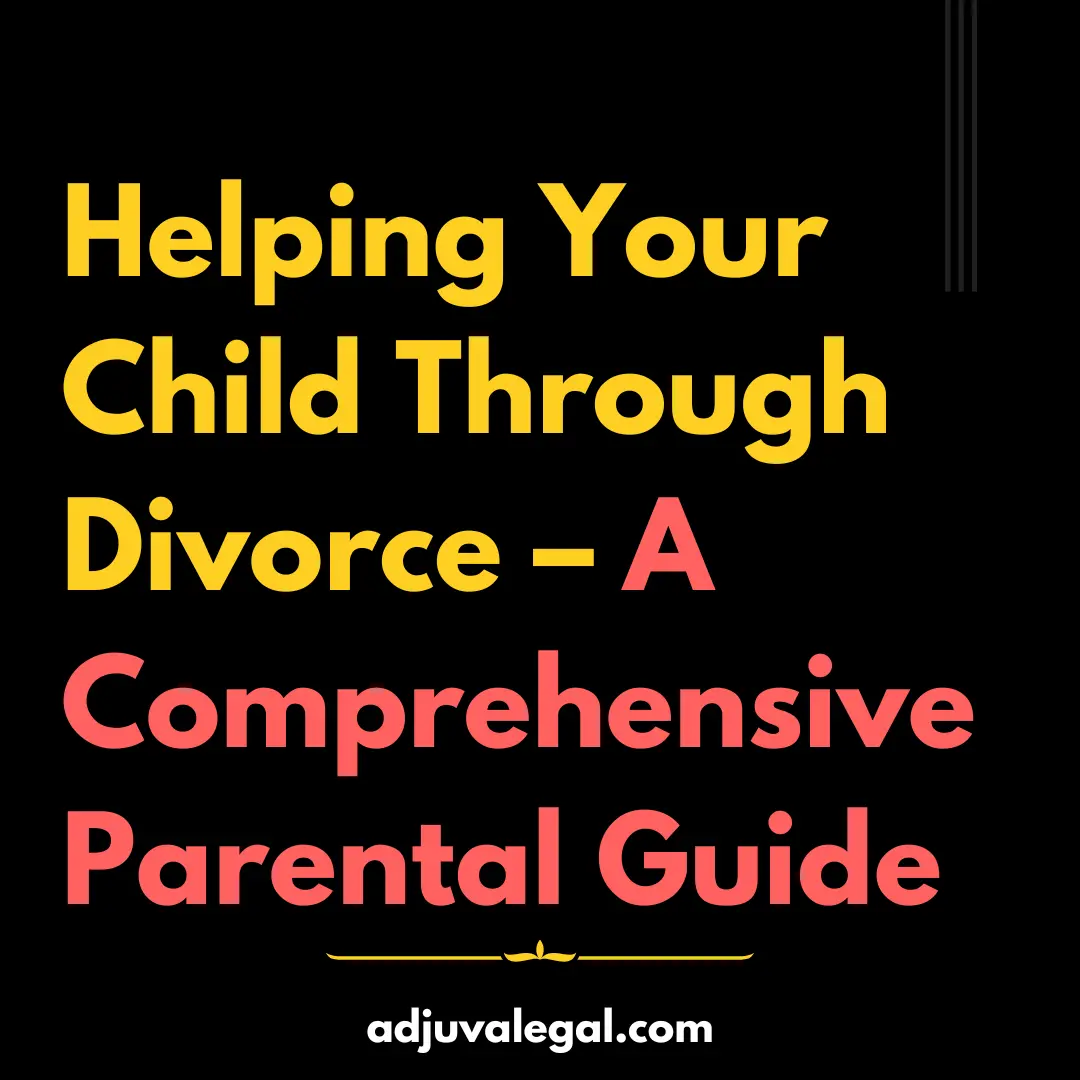Live-in relationships are not new to India. Since ancient times, they have been a part of Indian culture, and live-in marriages were even recognized by law until the 20th century.
Here, we will explore live-ins from different perspectives; we’ll examine their benefits and problems and what our government and courts are doing about it to understand what it means for India’s future!
What is a live-in relationship?
It is defined as planning whereby two people either of the same gender or of different decide to live together in long term or on a permanent span of time. This usually applies to a couple who are not married but carry out all the activities that a married couple does.
In recent years live-ins have become increasingly popular as many couples live together without getting married. Live-in relationships can be seen in different forms depending on region, religion, caste or ethnicity, but they all share the absence of marriage between partners.
We may say that a live-in relationship is a type of union between two people who are not married to each other. It can be seen as a choice rather than marriage or could simply be used for convenience sake, it does not have any legal recognition and implications on the lives of those who live together. This includes financial obligations, relationships with family members etc.
Is a live-in relationship legal?
The Supreme Court of India has held that there is no law prohibiting live-in relationships or pre-marital sex in India.

“Living together is a right to live provided in Article 21 of the Constitution of India,” the Supreme Court said, referring to Article 21 of the Constitution of India, which guarantees the right to life and personal liberty as a fundamental right to every citizen of India.
The Supreme Court observed while reserving its judgment on a petition filed by the South Indian actress, Khushboo seeking to quash 22 criminal cases filed against her after she allegedly recognized pre-marital sex in interviews to many magazines in 2005.
Now the question arises: if the Live-in relationships are legal in India, why are we even talking about this? Because many families in India still belong to the orthodox group for whom living together as a couple without marriage is unethical and against their moral values.
What are the benefits of a live-in relation?
There can be many practical and long-lasting benefits like ;
– a couple who lives together without marriage has an easier time than married couples when it comes to living within their means and planning for the future
– live-in couples can work together as a team on many things like finances, parenting or household chores because both people know what is expected of them. But if the marriage fails then one person has to do all these responsibilities by themselves which might be difficult at times
– live-in relationships can provide a safety net for the couple because they live together, they have a chance to see how each other lives and if one person is not doing their share of duties
– live-in relationships can be an opportunity for people who live alone or are single to find companionship in the absence of marriage
– this relation eliminates the need to live with someone you don’t like, and it can be more convenient for people who live in a society that does not allow pre-marital sex
– it is easier than getting married. One doesn’t have to worry about whether they are living together or apart on an official level because there may be tax benefits associated with live-in situations
– there are no worries about having children without being married which might result in some form of a child custody battle after divorce if marriage was involved
– it’s less expensive as time spent planning and executing the wedding ceremony could be saved when going into a live-in relationship instead of marrying straight off to start your life together.
Also, one doesn’t need to get legally married which means no ceremony expenses! No engagement ring is needed either! Thereby saving the money by cutting down costs related to one’s wedding day (dress, cake, venue, and whatnot) etc., plus one will save time too because there’s no lengthy planning process involved.
Most importantly a live-in relationship can provide a safety net for couples because both persons live together and care about each other’s well being.
There may be many challenges at home but as long as there is love and mutual understanding then everything will go smoothly.
But if one person finds it difficult to live in this kind of relationship anymore, he or she has equal rights to end the relationship without any restrictions like divorce.
Live-in relations also provides an opportunity for single people who worry that they might never find their perfect match due to religious beliefs or culture.
What can be the problems related to a live-in relation?
There might be several problems in a live-in relation like;
– the live-in partner might not feel comfortable with the other person’s family
– live-in partner might feel insecure about his or her identity
– live-in relation is not legally recognized and leads to legal problems if one of the partners wants a divorce
– live-in partner can get exploited by spouse since he/she does not have any rights or protection from society like wives and husbands do
– sometimes, it leads to few illegal activities like drug abuse, pregnancy at an earlier age, domestic violence, and even rape
– there is a chance that one live-in partner would have stronger feelings for another than the other has for her or him. This can lead to disputes within people living together as well as between their families who are against this kind of relationship.
– the biggest problem with live-in relationships is that it’s often seen as immoral by society because it doesn’t fit into the traditional idea of what constitutes family life; If unmarried, live-ins might not get approval from parents which would mean interference in their daily lives.
– another issue might be about property rights and this makes matters complicated when there isn’t any kind of prenuptial agreement signed before living together.
Some other major drawbacks would be the lack of legal rights and protection from future changes, such as getting married or divorced.
In addition, there may not always be total agreement on how housework should get done, which parent should have custody when parents separate, etc.
Another potential problem consists of people who might still want children but cannot afford them without the support of marriage (like gay couples). Such partnerships also do not protect against things like STDs or HIV infection/AIDS resulting in expensive medical treatments.
Solutions to some of these problems –
There are few problems that have been answered by the law of India – first of which is the legitimacy of children born to a live-in couple that if a man and a woman are involved in a live-in relationship for a long period, they will be treated as a married couple and their child would be legitimate.
The second problem is whether if a woman is left by her partner without her consent then will there be any liability for it? To which the court answered as the judgement was given for a couple living for a long time will be considered a married couple so her partner will hold the liability and all the expenses of the women if they are separated.
Position of Live-in relationship in other countries
• United Kingdom
Live-in relationships in the United Kingdom are mainly covered by the Civil Partnership Act, 2004.
Though a couple living together in a constant sexual relationship is often referred to as “common law marriage”, the countenance is not wholly correct in law in England.
The Government feels that partners living together owe each other more than that to be worthy of the term. If a living-in relationship couple separates from each other then the Courts have no power to override the strict legal ownership of property and divide it as they may do on divorce. Unmarried partners have no automatic legacy over their partner’s assets on death. Living-in couples are treated as unconnected individuals for the purposes of taxation. Partner’s assets on death Living-in relationship couples are treated as unconnected individuals for taxation purposes.
• United States
The live-in relationship was illegal in the United States till early 1970 but went on to gain status as common law, subject to certain requirements. The history of American legal was then a witness to much consensual legislation, which covered the way for living together contracts and their cousins, the “prenuptial agreements”. The country later established it by giving permission to the partners who were living together without marriage mainly with the same rights and obligations as married couples had, a situation similar to Sweden and Denmark. Those living together without marriage will not be recognized as legal parents.
• India
Live-in relations faced a major setback with the ban imposed by the Supreme Court in a judgment delivered in the month of May 2010 in a Family dispute in the matter of Bhaasthamata v R Vijeya Renganathan.
The Supreme Court held that a child born out of a live-in relationship was not entitled to claim inheritance in Hindu ancestral coparcenary property. The dictum of the division bench comprising Dr B S Chavuhan and Swatanter Kumar, JJ appears to be a general law but its root of jurisdiction lied in the facts unusual to this case.
This rule may not be accepted as a general law at all. It might only be justified in this particular matter, but if practically applies to all live-in relations raising a presumption of marital bond; would definitely result in a gross miscarriage of justice.
The Allahabad High Court in one of the cases in Uttar Pradesh’s has directed the police to grant protection to a couple from Badaun district from their families who were in a live-in relationship and recently got married but were in danger as they belonged to one of those orthodox families who when came to know about this had tried to kill them.
The National Commission for Women recommended to the Ministry of Women and Child Development on June 30th, 2008 that the definition of ‘wife’ as described in section 125 of Cr.P.C., must include women involved in a live-in relationship.
The aim of the recommendation was to harmonise the provisions of law dealing with the protection of women from any violence such as domestic violence and also to put a live-in couple’s relationship as a legal practice with that of a legally married couple.
There was a Committee made by the Supreme Court of India for this purpose, called the Justice Malimath Committee, which observed that “if a man and women are living together as husband and wife for a reasonable long period of time, the man shall be deemed to have married the woman.”
What is the future of a live-in relationship in India?
The live-in relationship is not fully recognized and accepted in India, many people still have reservations about it. But as more live-in couples are coming out to talk openly about their experiences, this stigma around live-ins has been diluted.
And with the Supreme Court’s latest move endorsing live-in relationships for women who are suffering from domestic violence at home; it seems that live-ins will be getting an even better acceptance soon enough!
In India, live-ins have all the benefits and problems that a live-in couple in any other country would have.
Legitimacy issues exist on live-ins which are not easy to solve, as many countries including India do not recognise live-ins at all or just for inheritance purposes. But it seems like we’re slowly but surely moving towards accepting live-ins!
Conclusion
Concluding all the points we can say that live-ins are becoming more popular in India, and live-in relationships will be better accepted over time, hopefully!
Live-in relationships were never really accepted by Indian society, until recently when they became more prevalent with urban couples living away from their families.
What makes live-in relationships in India different is that they are, for the most part, accepted as an alternative to marriage and not just by young couples but also by older people who want companionship without getting married.
The government has taken steps towards recognizing live-ins with respect to property rights and inheritance benefits which were long overdue!
Disclaimer
Some inputs have been given by Aishwarya Verdhan (LinkedIn) of School of Law, Manipal University, Jaipur.








